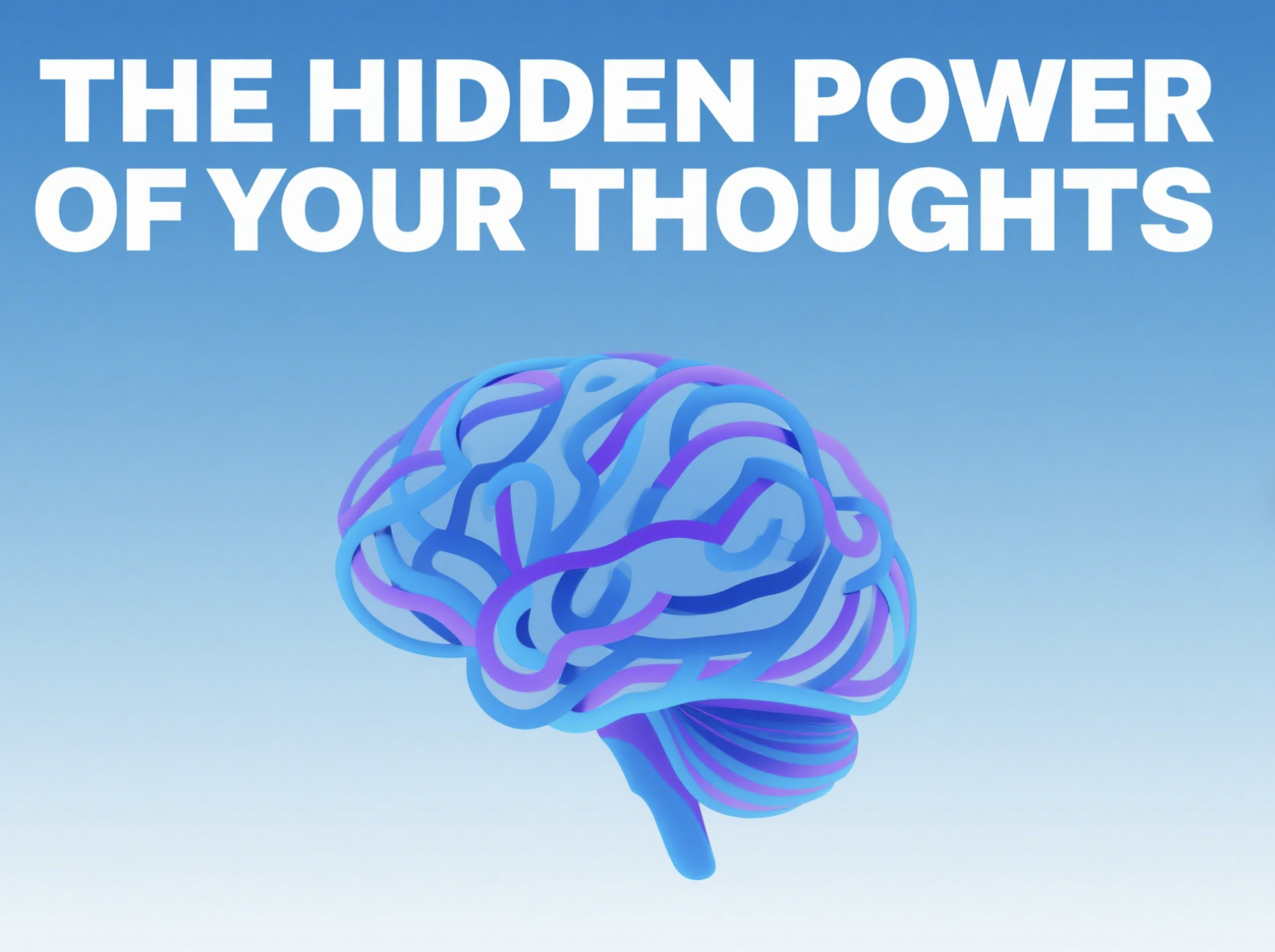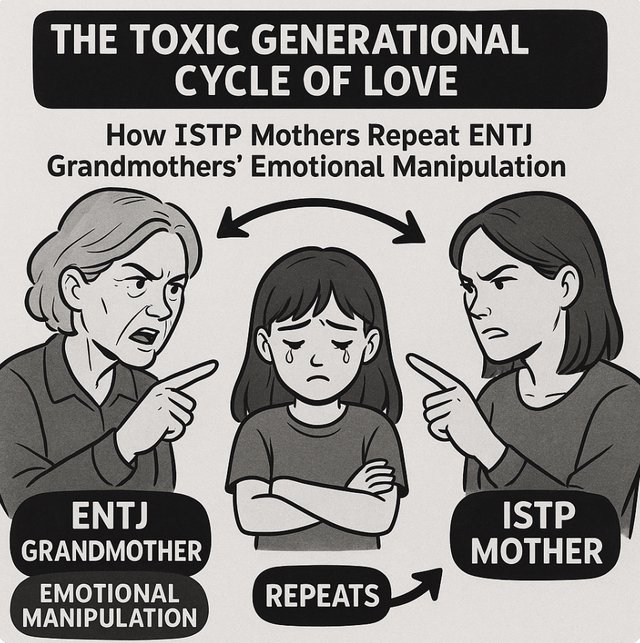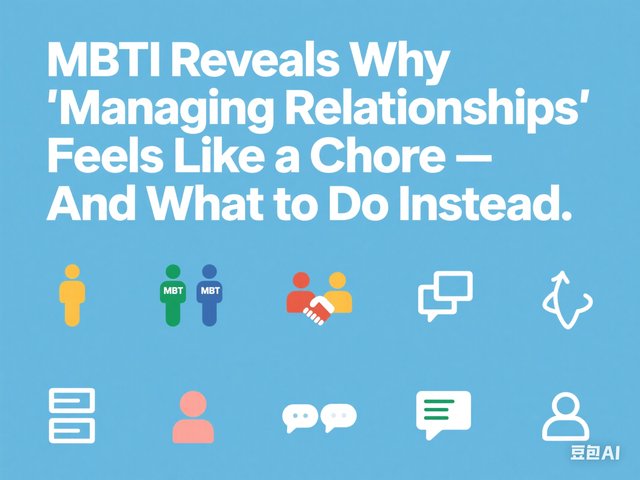The Hidden Power of Your Thoughts: How SelfDoubt Shapes Your Destiny (MBTI Insights)

The Psychology Behind Self-Fulfilling Prophecies
Every day, countless individuals grapple with thoughts like, “Is this all my life will ever be?” or “Will things ever get better?” While these feelings are normal during low moments, they reveal a deeper psychological pattern: the self-fulfilling prophecy. This phenomenon, rooted in both psychology and metaphysics, suggests that our persistent thoughts—especially negative ones—shape our reality.
From an MBTI perspective, certain personality types are more prone to this cycle. For example, INFJs and INFPs, with their introspective and idealistic tendencies, may overanalyze setbacks, while ESTJs might suppress doubts until they manifest as burnout. Understanding your type can help you recognize and redirect these patterns.
How Self-Doubt Gains Momentum
Minor self-criticism (“I’m not good enough”) or fleeting pessimism (“Nothing works out for me”) might seem harmless, but they accumulate like snowballs. In metaphysical terms, these thoughts are “micro-intentions”—tiny bursts of energy that align your actions (often subconsciously) with your beliefs. Over time, they solidify into outcomes.
Psychologically, this mirrors the “confirmation bias”: your brain selectively notices evidence that matches your expectations. An INTP convinced they’ll fail in social settings might avoid networking, reinforcing their belief. Conversely, an ENFJ who affirms “I connect easily with others” will seek opportunities to validate it.
Breaking the Cycle: MBTI Strategies
- For Analysts (NT Types – INTJ, ENTJ, INTP, ENTP):
- Leverage your logical prowess. Treat negative thoughts as hypotheses to test. For instance, if you believe “I’ll never advance in my career,” gather data: list skills you’ve mastered and feedback you’ve received.
- Use “If-Then” planning: “If I feel stuck, then I’ll consult a mentor or take a course.”
- Leverage your logical prowess. Treat negative thoughts as hypotheses to test. For instance, if you believe “I’ll never advance in my career,” gather data: list skills you’ve mastered and feedback you’ve received.
- For Diplomats (NF Types – INFJ, INFP, ENFJ, ENFP):
- Channel empathy inward. Write a letter to yourself as if comforting a friend. INFPs can reframe “No one loves me” to “I attract meaningful connections when I’m authentic.”
- Visualize positive outcomes. ENFJs thrive by imagining their impact on others.
- Channel empathy inward. Write a letter to yourself as if comforting a friend. INFPs can reframe “No one loves me” to “I attract meaningful connections when I’m authentic.”
- For Sentinels (SJ Types – ISTJ, ISFJ, ESTJ, ESFJ):
- Create structured routines to counter anxiety. An ISTJ doubting their competence might track daily achievements in a journal.
- Replace absolutes (“always”, “never”) with specifics: “This project is challenging, but I’ve overcome similar ones before.”
- Create structured routines to counter anxiety. An ISTJ doubting their competence might track daily achievements in a journal.
- For Explorers (SP Types – ISTP, ISFP, ESTP, ESFP):
- Use action to disrupt rumination. An ESTP feeling stagnant could launch a side hustle, while an ISFP might express emotions through art.
- Focus on sensory grounding (e.g., exercise, hobbies) to stay present.
The Role of MBTI in Career Resilience
Your personality type also influences career satisfaction. An unhappy ESTJ in a chaotic startup might blame themselves, not realizing they crave structure. ProMbti’s assessments can pinpoint mismatches between your type and work environment, offering tailored pivots. For example:
- Use action to disrupt rumination. An ESTP feeling stagnant could launch a side hustle, while an ISFP might express emotions through art.
- Introverts (I Types): Remote or deep-work roles may prevent burnout.
- Extraverts (E Types): Collaborative teams fuel energy.
Conclusion: Rewriting Your Narrative
Thoughts are the drafts of your life’s script. By aligning them with your MBTI strengths—whether through logic (NT), compassion (NF), discipline (SJ), or adaptability (SP)—you can transform self-doubt into self-efficacy. Start small: swap one negative thought today. Over time, the compound effect will steer your destiny toward growth.
ProMbti Tip: Take our “Mindset Audit” quiz to identify thought patterns linked to your type and receive customized affirmations.




